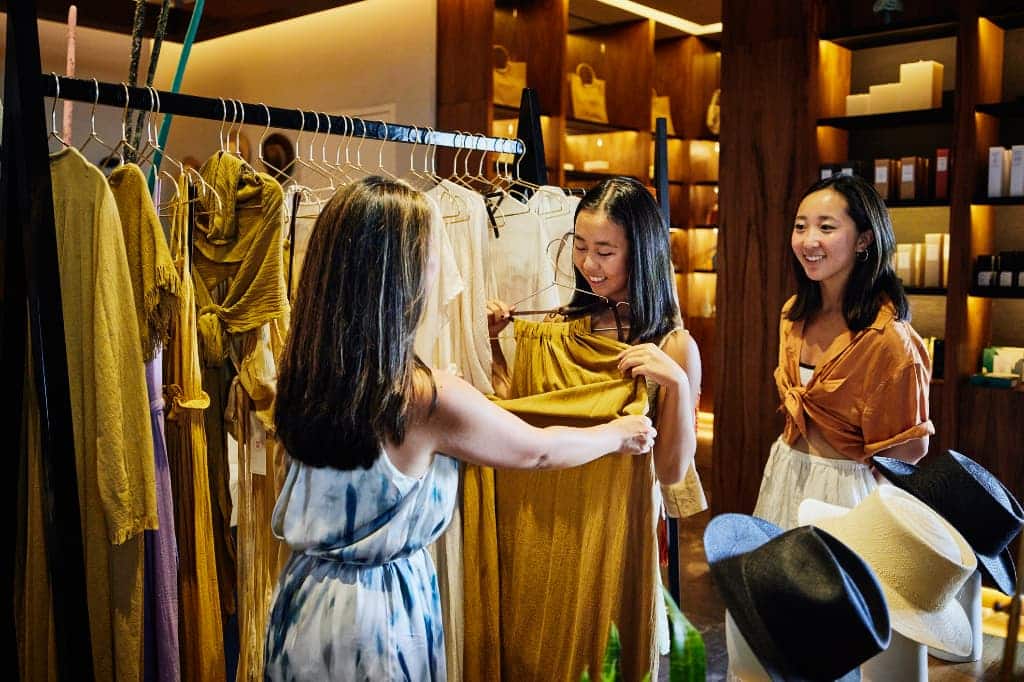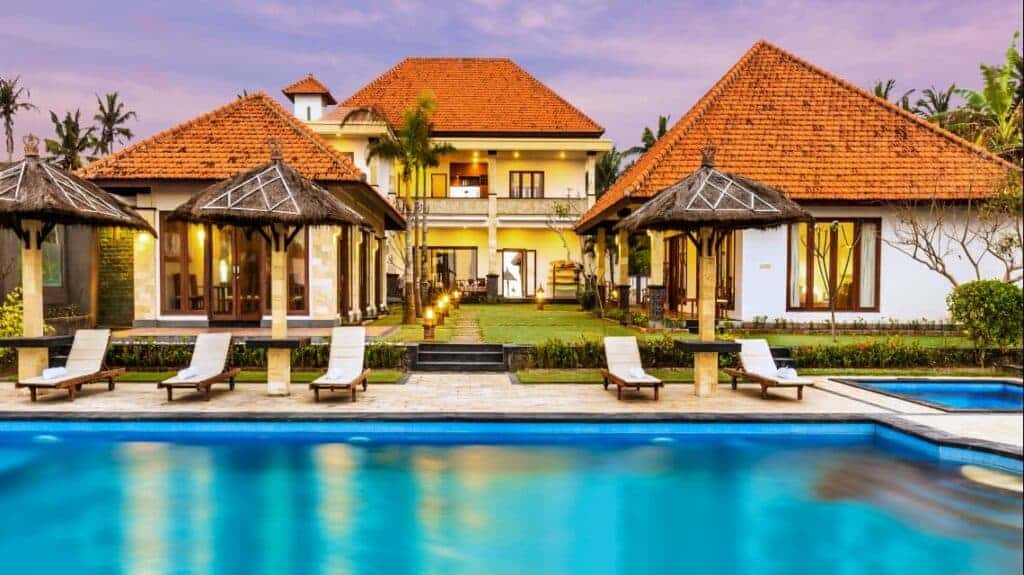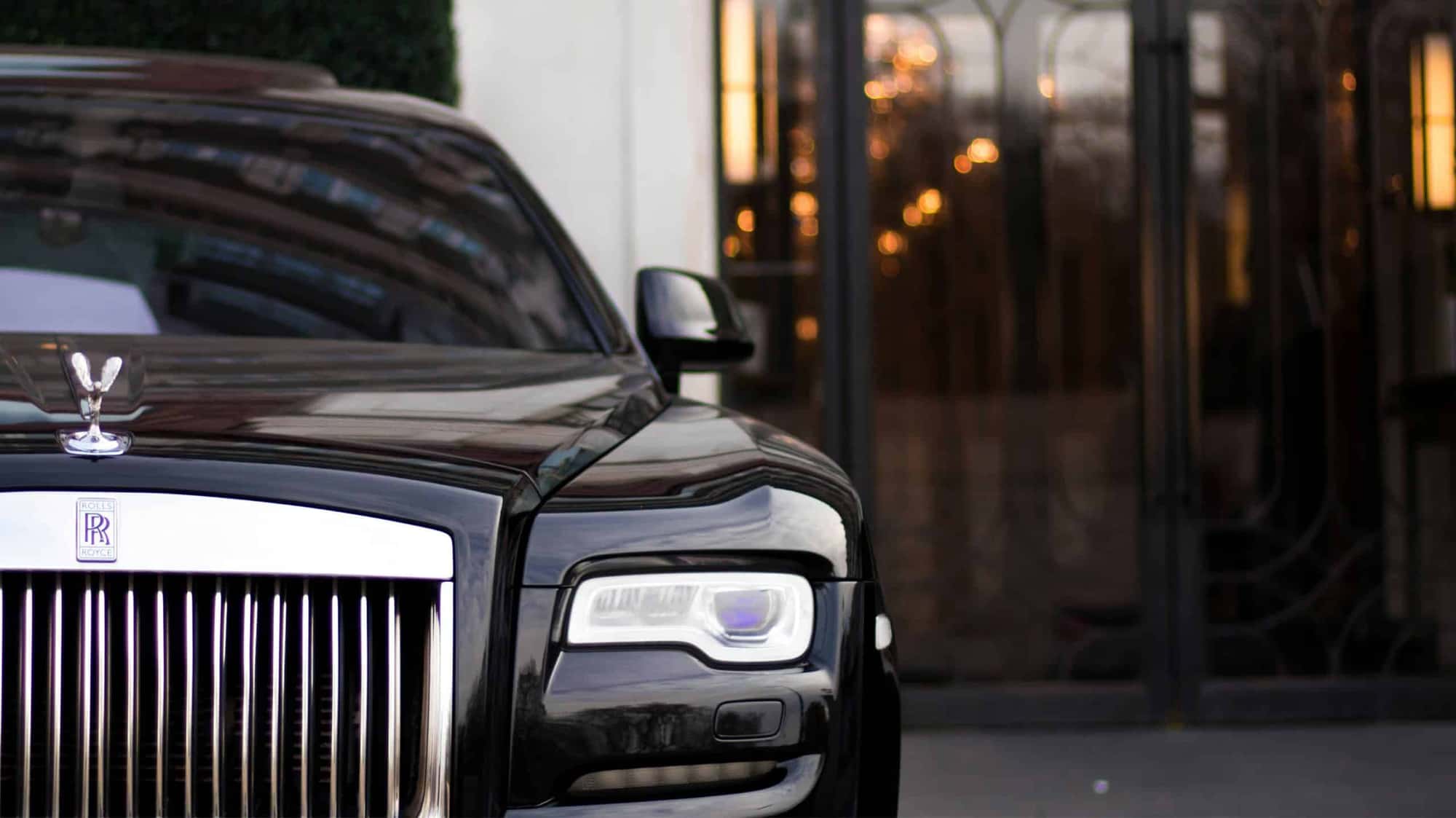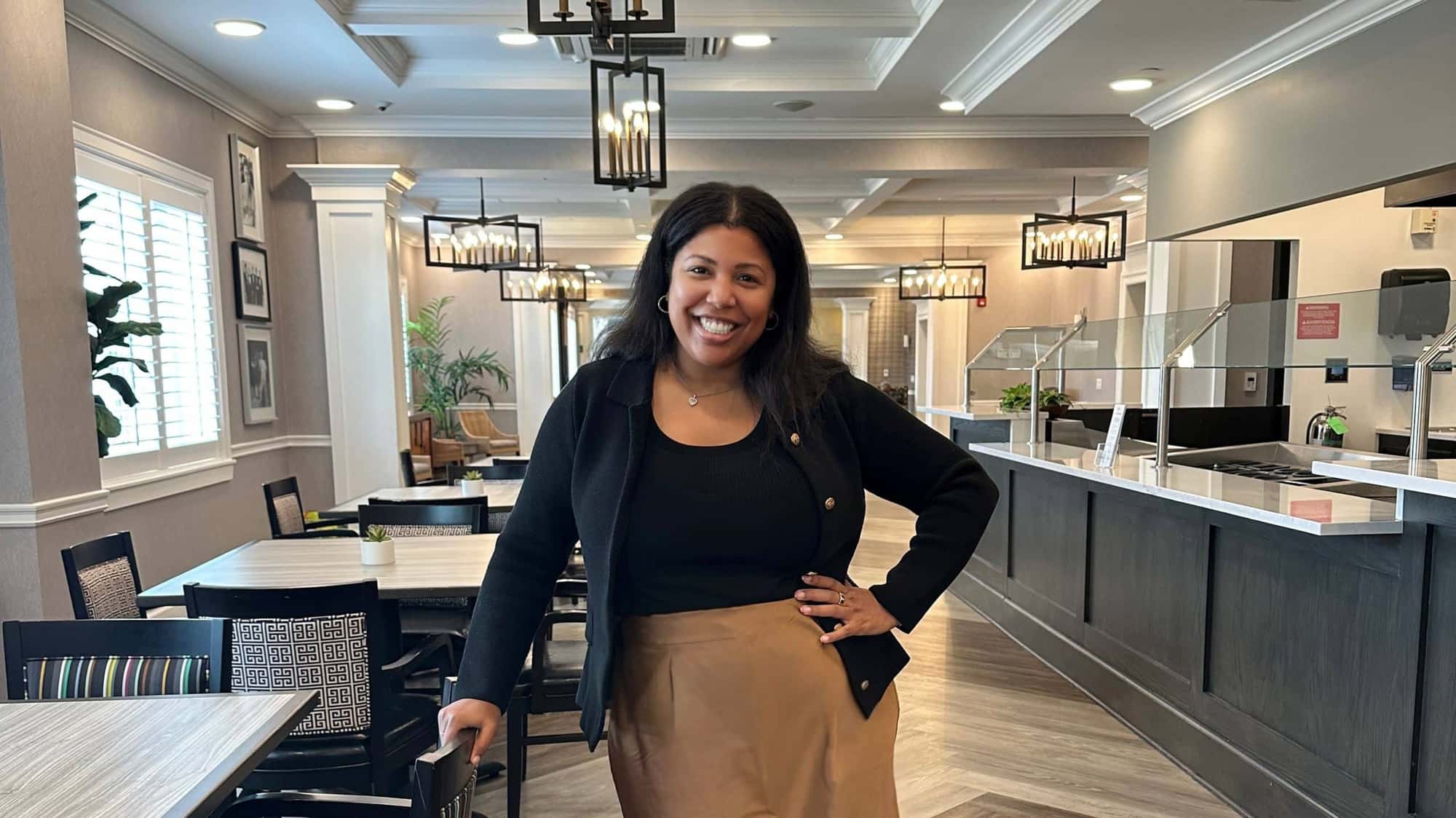With roughly 200 five-star hotels in the USA, it’s a competitive space and these venues are all vying for their share of the $93 billion market. That’s where marketing comes in as the key to distinguishing luxury hotels from the rest.
Behind the fancy facades, impeccable service and lavish amenities lies a sophisticated and focused effort to capture the attention of discerning travelers. Join us as we explore the world of luxury hotel marketing, including how to use digital marketing and the importance of exclusive events for successful marketing strategies.
Defining luxury in the hospitality industry
Luxury hotels are defined by their ability to provide comfort, exclusivity and indulgence to guests. This includes lavish accommodation, exquisite dining options, unique amenities, bespoke services and an environment that exudes elegance and sophistication.
A key aspect of luxury in hospitality is the emphasis on personalized experiences. This means anticipating and fulfilling each guest’s unique needs and desires, often before they even ask. Luxury hotels go above and beyond to create memorable, tailor-made experiences, from welcome notes and customized room layouts to exclusive access to private events and top-tier concierge services.
On top of this, the concept of luxury in hospitality continually evolves, influenced by changing consumer preferences and global trends. Today’s luxury travelers seek authenticity, healthy living, sustainability and cultural immersion. As a result, luxury hotels are increasingly incorporating eco-friendly practices, wellness programs and local cultural elements into their offerings, ensuring they stay relevant and appealing to discerning guests.
The significance of marketing for luxury hotels
Upscale hotels rely heavily on their brand image and reputation to attract affluent clientele. Effective marketing strategies help establish and reinforce this, distinguishing a hotel as a premier destination in the minds of potential guests. When the price tags get higher, people want to be certain they are spending their money wisely, so marketing is essential for hotels if they are to compete with others.
How to become an expert in luxury hotel marketing
Degrees in areas such as hospitality management, marketing or business administration can significantly bolster one’s career in luxury hotel marketing. These educational paths provide foundational knowledge in areas vital to the industry, including consumer behavior, marketing strategies, financial management and operations.
A formal education will give you the analytical skills you need to interpret market trends, strategic insights to develop effective marketing campaigns and management capabilities to lead teams and projects effectively. On top of this, degrees often include internships, practical experience and networking opportunities, which are invaluable in gaining real-world exposure and building industry connections.
Learn how to market luxury hotels
Let the experts teach you everything you need to know about luxury hotel marketing to help you prepare for a stellar career


Luxury consumer psychology
Understanding the hotel’s target audience is the first step towards mastering its marketing. Affluent guests often seek more than just comfort and convenience; they’re looking for exclusive, personalized experiences reflective of their status and taste. They value authenticity, craftsmanship and attention to detail and expect impeccable service, seamless luxury and a sense of escapism that allows them to indulge in moments of pure relaxation or adventure.
Luxury consumers are usually discerning and well-informed. They conduct thorough research before making decisions, relying on reviews, recommendations and personal networks to assess a hotel’s reputation and offerings. For them, value extends beyond price to encompass the quality of service, unique experiences and alignment with personal values such as sustainability and social responsibility. All of this plays a big part in how you market to guests.
The four types of luxury consumers
Understanding the motivations and preferences of luxury consumers is essential for luxury hotels that want to create tailored experiences. Let’s explore the four distinct types of luxury consumers and how their behaviors shape the hospitality industry’s approach to delivering exceptional service and unforgettable stays:
- Professional stylists: experts who consistently seek high-quality, prestigious brands for their customers. They value craftsmanship, exclusivity and the heritage associated with established luxury names. Professional stylists and travel planners consider purchases carefully
- Window shoppers: enjoy browsing luxury goods and experiences but are selective. They appreciate the aspirational aspect of luxury and often engage in research and exploration to understand trends and offerings. Window shoppers may indulge in occasional luxury purchases but prioritize the experience of exploring prestigious brands and venues
- Occasional splurgers: indulging in upscale experiences or purchases on special occasions. They value the excitement and novelty of luxury and seek memorable experiences and products that improve their lifestyle without necessarily committing to regular luxury spending
- Big spenders: affluent consumers who enjoy luxury across various aspects of their lives. They seek the highest quality, exclusivity and personalized service. Big spenders are willing to invest significantly in luxury goods, experiences and services and are likely to return to their favorite hotels repeatedly. They appreciate premium offerings and expect exceptional value and prestige from their purchases
Building a strong brand identity
Establishing a distinctive brand is essential to stand out in this competitive market and attract affluent travelers. Once well established, the brand can be used in all marketing content. Key strategies to building a strong brand identity include:
- Define your unique selling proposition: identify what sets your hotel apart from others in the luxury segment. This could include your location, architectural style, historical significance, exclusive amenities, adult-only zones, exceptional service or commitment to sustainability. This forms the foundation of your brand identity and helps differentiate your hotel in the minds of potential guests
- Find your target demographic: make sure you are advertising to the right people by defining your main customer base, whether that’s big spenders, business travelers, adults, families or any other hotel guests
- Consistent visual branding: elements such as logo, color palette, typography and photography style should reflect the luxury and elegance of your hotel. Consistency across all marketing materials, including website, social media, print collateral and signage, reinforces brand recognition and conveys a cohesive brand image to guests
- Craft compelling brand storytelling: highlight your hotel’s heritage, unique features and the experiences guests can expect. Evoke emotions and connect with your target audience, emphasizing luxury, sophistication and the promise of unforgettable stays
- Emphasize exceptional service and guest experience: ensure every touchpoint, from booking to departure, reflects the high standards and attention to detail that define your brand. Consistently exceeding guest expectations encourages loyalty and strengthens your hotel’s reputation
- Engage with your audience authentically: build relationships with your target audience through authentic interactions and customer engagement. Use social media platforms to showcase behind-the-scenes glimpses, guest testimonials and exclusive offers. Respond to guest feedback promptly and professionally, demonstrating your commitment to exceptional service and guest satisfaction
- Partner with influencers and collaborate with luxury brands: tie-ins can amplify your brand’s visibility and credibility among affluent travelers without using too much of your marketing budget. Co-branded experiences, exclusive events and joint marketing campaigns can attract new guests and reinforce your luxury positioning
- Build community and brand advocacy: encourage guests to share their experiences on social media and review platforms. Cultivate a loyal community of repeat customers who feel a sense of belonging and pride in associating with your luxury hotel brand
Digital marketing strategies for luxury hotels
High-end establishments can also use sophisticated strategies to impress affluent travelers and maintain their prestigious image. Some key digital marketing approaches that boost the presence and allure of luxury hotels are:
- Brand storytelling: through high-quality photos, videos and immersive content, venues showcase their exquisite accommodation, fine dining experiences and exclusive amenities. This storytelling creates an emotional connection with potential guests, emphasizing luxury, sophistication and the promise of unforgettable experiences
- Search engine optimization for visibility: incorporating relevant keywords online, creating authoritative backlinks and improving user experience can help hotels attract organic traffic from affluent travelers seeking luxurious accommodations and experiences
- Personalized email marketing campaigns: by segmenting their audience based on preferences, past behaviors and demographics, hotels can send tailored offers, exclusive promotions and personal recommendations. This approach builds loyalty and encourages repeat bookings
- Partnerships and social media engagement: collaborating with influencers and celebrities who resonate with the luxury audience enables hotels to reach a wider and more affluent demographic. Influencers showcase their experiences at the hotel through authentic, visually appealing content on platforms such as Instagram, YouTube and Facebook, improving the brand’s visibility and building credibility among their followers
- Luxury booking platforms and digital concierge services: these tools provide affluent travelers with access to exclusive deals, personalized recommendations and seamless booking options, catering to their expectations of convenience and luxury
- Online reputation management: this involves monitoring and responding to guest reviews on platforms such as TripAdvisor, Yelp and Google Reviews promptly. By addressing feedback and highlighting positive experiences, hotels boost their reputation and credibility, influencing potential guests’ booking decisions
Conclusion
From the art of storytelling to digital innovations and navigating the nuances of affluent consumer psychology, effective marketing strategies can elevate a luxury hotel from mere accommodation to a coveted destination.
By embracing authenticity, personalization and continuous innovation, luxury hotels can establish guest loyalty with discerning travelers, solidify their place in the competitive market and uphold a legacy of excellence in hospitality.
As the sector evolves, staying attuned to emerging trends and maintaining a commitment to impeccable service will ensure luxury hotel brands not only thrive but redefine luxury for generations to come. If you want to become a part of their story by becoming an expert in luxury marketing, see how a hospitality degree from a renowned school such as Glion can help.
Photo credits:
Main image: Getty Johner Images









